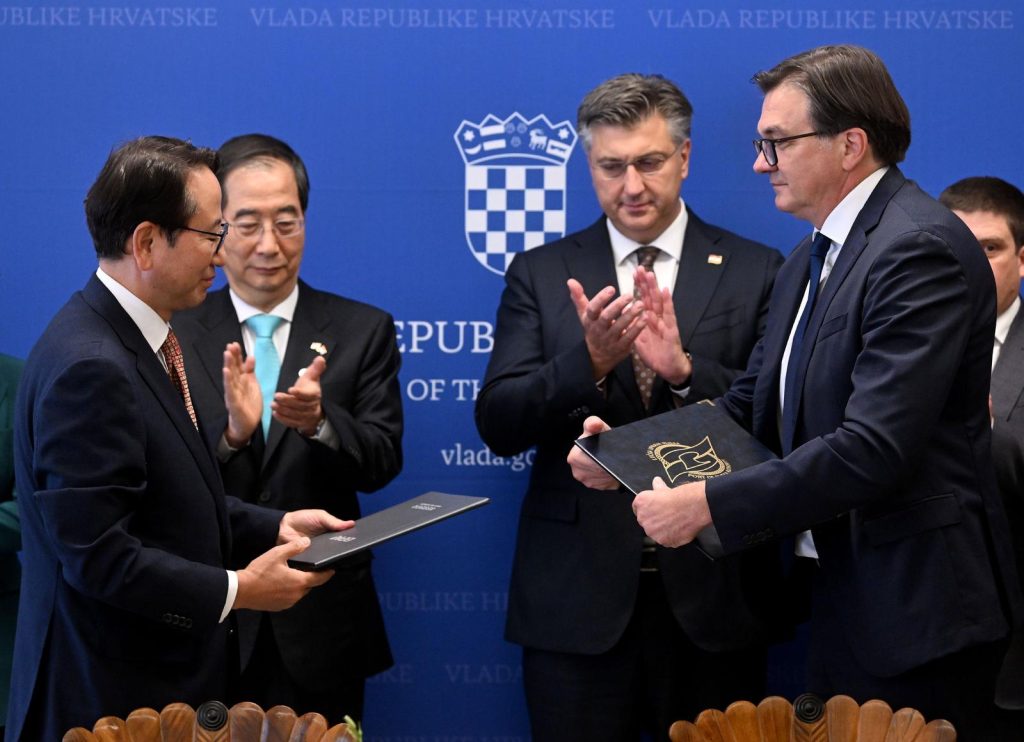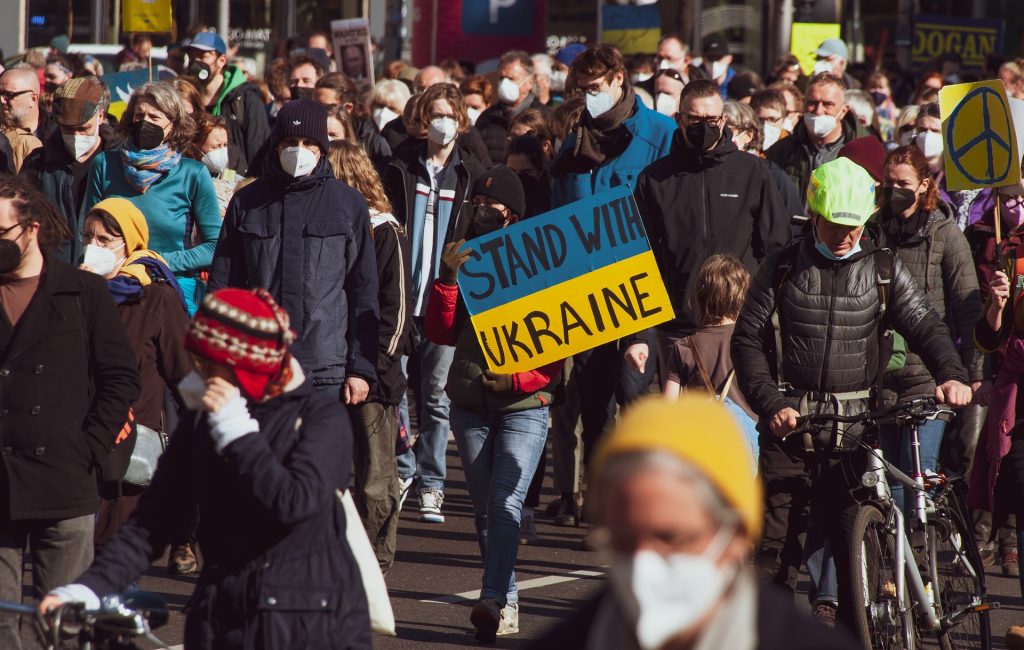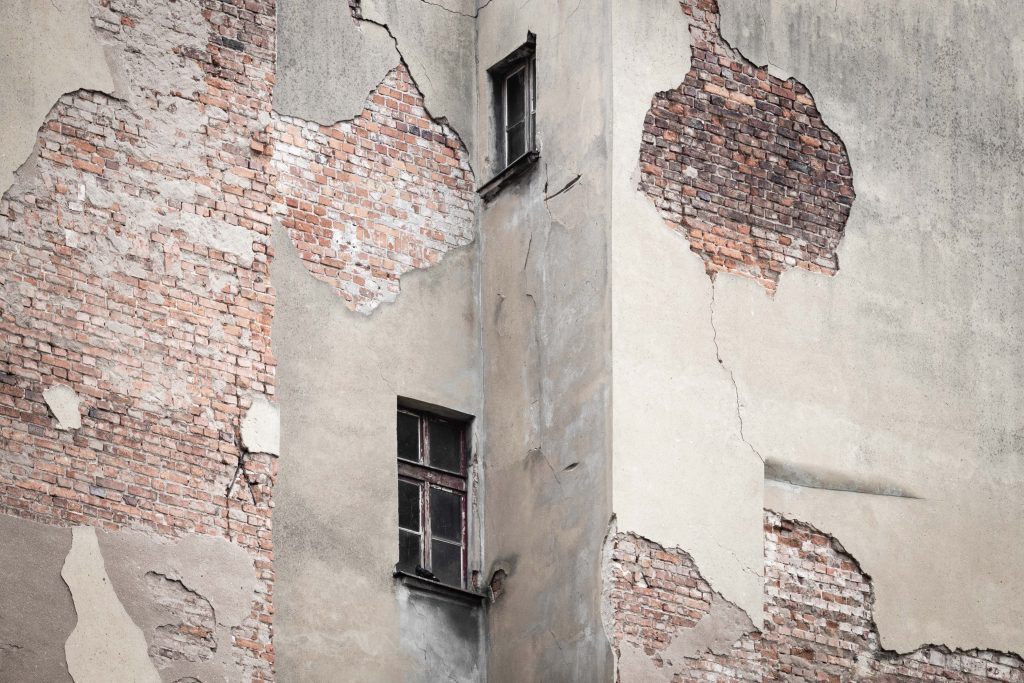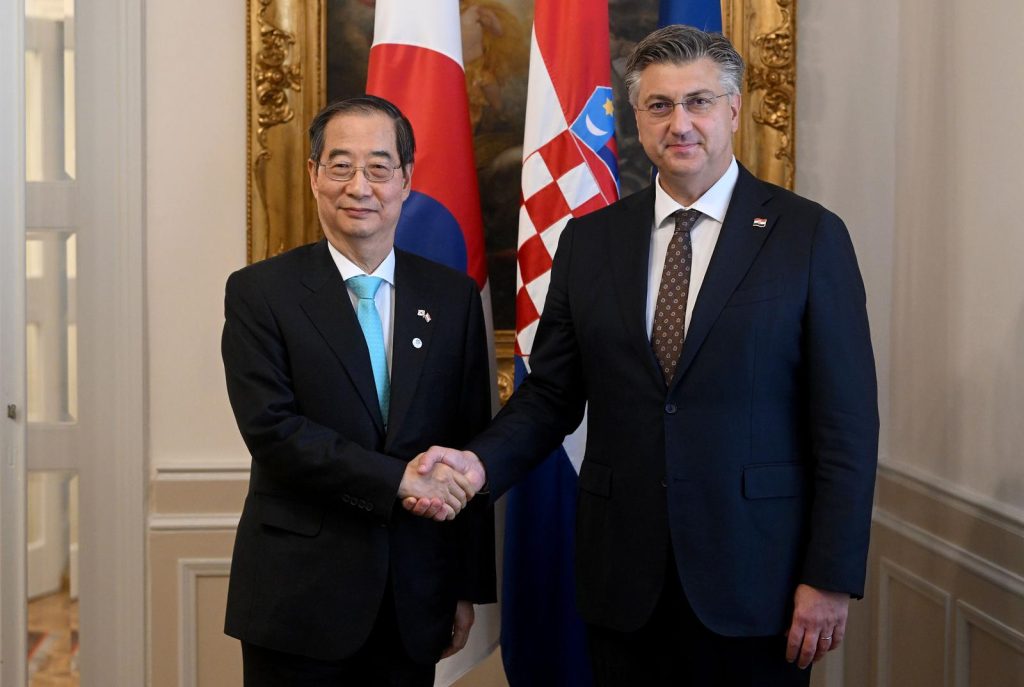October the 13th, 2023 – This week in Croatian politics, we’ve had a boost from the IMF regarding the Croatian economy for this year and next year, the launch of a new healthcare programme, more promises to Ukraine, and more.
The International Monetary Fund Boosts Croatia’s predicted economic growth rate

An excellent turn of events for the Croatian economy comes in the form of a new IMF prediction boost. The IMF now expect the domestic economy to grow by 2.7% this year, which is an increase when compared to their previous prediction earlier in the year. If this is to be believed, then Croatia’s economy growth rather significantly trumps that of the wider Eurozone average. IMF forecasts for the Croatian economy in 2024 have also seen a boost in comparison to April 2023’s initial forecasts.
With Prime Minister Andrej Plenkovic boasting about everything that his government (HDZ) has achieved, it’s more than likely that the latest and improved IMF predictions will also work in the favour of many leading figures in Croatian politics.
Click here for more on that topic.
South Korean President Han Duck-soo visits Zagreb

The relations between the two countries were mutually assessed as being excellent, and satisfaction was expressed with the continuity of the political dialogue and the exchange of bilateral visits between the two, especially during the past year. It was established that this first visit of the Prime Minister of the Republic of Korea to the Republic of Croatia gives additional momentum to the strengthening of overall bilateral relations for both nations in the future.
The interlocutors agreed that there is a very significant potential for strengthening economic cooperation between Croatia and South Korea. President Jandroković emphasised that Croatia is extremely interested in Korean investments in the energy sector, the IT sector, and of course in many areas involving the application of digital technologies. The very favourable position of the sea ports of Rijeka and Zadar as possible destinations for the distribution of Korean products to the EU’s single market was also highlighted. Both parties expressed satisfaction with the signing of the Memorandum of Understanding between the Korean company SK E&S and the Croatian companies JANAF and LNG Hrvatska (Croatia) this week, which should facilitate cooperation in the field of energy. The renewed increase in the number of Korean tourists visiting Croatia after the coronavirus pandemic was also warmly welcomed.
President Han gave a detailed report on the bid of the Korean city of Busan to host the World Expo (EXPO) in 2030, asking for Croatian support for the Korean bid. At the same time, he praised Croatia’s recent strategic successes – Eurozone and Schengen accession. President Jandroković pointed out that Croatia remains equally committed to achieving its next strategic goal – joining the OECD, and it is counting on Korean support.
The Croatian Health Ministry launches the first mental health empowerment programme as part of wider reforms

Chronic psychological health conditions plague the Croatian population, with the levels of depression unfortunately seeing the country ranked highly in the European Union. As part of deeply desired healthcare reforms, the latest programme – aimed at mental health – has been launched by the Ministry of Health. Health Minister Vili Beros revealed that depression has ravaged the country, and that as of now, no referral (uputnica) from a general practitioner will be required for individuals suffering from psychological torment in order for them to seek the help of mental health professionals such as psychologists.
The new Croatian mental health empowerment programme was launched on this year’s World Mental Health Day. The programme will be gradually rolled out in what is planned to be most if not exactly all Health Centres across the country. The new Croatian Mental Health Empowerment Programme is otherwise part of a special reform measure to establish mental health dispensaries at health centres. As stated, mobile teams will also be established with the adoption of the new Public Health Service Network, which is planned to be adopted by the end of the year. The existing interest of the majority of Croatian counties in joining the dispensaries and mobile teams already shows the prerequisites for the successful implementation of the mentioned reform measure.
You can read more by clicking here.
An iNTERNATIONAL DONOR’S CONFERENCE ON DEMINING IN UKRAINE was HELD IN ZAGREB

Croatia has continuously offered unwavering support to Ukraine, still reeling from the shock Russian invasion of February 2022. The ongoing Russia-Ukraine war has seen Croatia offer endless help as a nation that experienced the same onslaught a mere thirty years ago during its fight against Greater Serbian aggression and for independence.
That ongoing support for Ukraine from just about everyone in Croatian politics hasn’t stopped, as approximately half a billion euros of aid was recently promised at the International Donor’s Conference on demining in Ukraine.
“The participating countries, 34 of them to be precise, have expressed clear political support for Ukraine in the aspect of demining,” said Interior Minister Davor Božinović at the conference held this week, stressing that this support is going to be accompanied by concrete promises. He pointed out that additional donations of technical materials and equipment had also now firmly been agreed upon.
During the open discussion, he emphasised that “current international efforts should be aimed at restoring peace in Ukraine as soon as possible and creating preconditions for a return to normal life.”
You can read more on Croatia’s latest promise to Ukraine by clicking here.
The Republic of Croatia has joined the Council of Europe’s “Journalists matter” campaign

With the aim of improving the safety of journalists and protecting the need for full media freedom, as well as raising public awareness of the role of journalists in preserving a democratic and pluralistic society, the Council of Europe launched a campaign for the safety of journalists under the slogan “Journalists Matter,” which Croatia readily joined.
The campaign was launched at an international conference in Riga, within the Latvian presidency of the Committee of Ministers of the Council of Europe, titled “The Pen is Mightier Than the Sword?” Meeting today’s challenges to freedom of expression and safety of journalists”.
Jasna Vaniček-Fila, the Croatian national coordinator and head of the Directorate for Media and Development of Cultural and Creative Industries, participated in the conference. It included the first meeting of the national coordinators of the Council of Europe campaign, and the representative of the Ministry of Culture and Media. In her presentation, she highlighted the important steps in strengthening the safety that Croatia has already taken, the recent signing of cooperation agreements, and two protocols for the protection of journalists from the Ministry of the Interior and from journalism associations.
You can read more by clicking here.
Many are still angry at those in Croatian politics for the ongoing poor state of post-earthquake Banovina

It has been over three years since the devastating ”Petrinja Earthquake” of December 2020 struck parts of Central Croatia (more precisely Sisak-Moslavina County). This wider area, referred to as Banovina or Banija, has been more or less stuck in time ever since. With more earthquakes feared and with many people still living in total limbo, it should come as no surprise that many feel let down and forgotten about by the powers that be in Croatian politics.
Ivan Blažević of the Solidarna Foundation has been involved in helping the families in need in earthquake-stricken Petrinja from the beginning. This help includes the reconstruction and construction of their houses. He has on several occasions very openly criticised the sluggishness of the system, those in Croatian politics and particularly the Ministry of Spatial Planning, Construction and Property. He has continuously placed the slowness and poor quality of construction in Petrinja in the spotlight.
“As for the renovation of private houses or the construction of replacement houses, the work that the government contracts is terribly slow. People have been complaining that the contractors work for a day and then disappear for a month and a half. The quality of the work is far below the level we should expect, and we had cases where the contracted supervisor only visited once or twice during the construction period.
We have seen a contractor start and then simply stop the construction halfway through the works due to declared bankruptcy, for example. The new house then falls apart before anyone has even moved in. Nine months after the state laid the foundations, we are still waiting for documents from the contractor and the inspector.
It is true that the situation in the construction market is very bad, there are no workers available. Companies are opening and closing as if on a conveyor belt, which calls into question the quality of works, but also the ability of companies to absorb such a quantity. In addition, for serious companies that have been doing well for years, these types of jobs contracted with the state are simply unprofitable,” Blažević revealed.
You can read more by clicking here.









